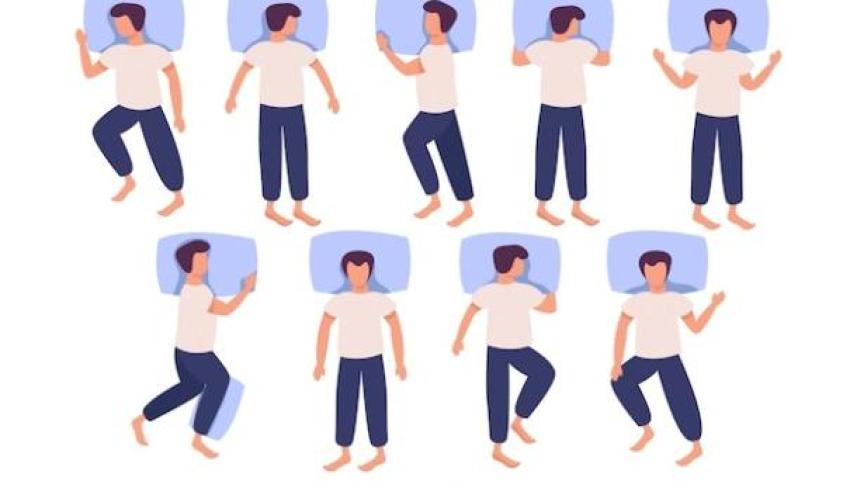Sleeping longer can help in weight loss, US study suggests

A recent study in the US suggests that sleeping longer at night could help in weight loss without changes to daytime diet, The Guardian reported.
The clinical trial -- conducted on 80 overweight adults aged 21 to 40 with a body mass index between 25 and 29.9, for two weeks -- found that those who usually sleep 6.5 hours a night shed 270 calories more, on average, from their daily intake when they got an extra 1.2 hours of sleep.
A person may lose about 12kg body weight if they manage to sustain the habit of longer sleep at night for three years without changing their diet during the day, the researchers believed.
The study did not intend to focus at weight loss, but the researchers noticed that the participants began losing weight within two weeks of changing their sleep patterns, according to The Guardian report.
The improved sleep pattern also prompted consumption of 500 fewer calories a day among some participants.
"If healthy sleep habits are maintained over longer duration, this would lead to clinically important weight loss over time," said Dr Esra Tasali, of the University of Chicago's sleep centre.
"Many people are working hard to find ways to decrease their caloric intake to lose weight -- well, just by sleeping more, you may be able to reduce it substantially," Tasali said.
As part of the study, the volunteers were not asked to restrict their diets or change their exercise routines. They all slept in their own beds and wore devices to track their sleep duration.
Previously, studies revealed that lack of sleep can lead to gain weight through increased food intake.
The latest study that was published in Jama Internal Medicine, suggested that the effects may be reversed if people sleep longer.
"Most other studies on this topic in labs are short-lived, for a couple of days, and food intake is measured by how much participants consume from an offered diet," said Tasali.
"In our study we only manipulated sleep and had the participants eat whatever they wanted, with no food logging or anything else to track their nutrition by themselves."
The study also revealed that a person's bedtime habits may change enough to improve their sleep cycle with a single sleep counselling session, The Guardian reported.
"We simply coached each individual on good sleep hygiene, and discussed their own personal sleep environments, providing tailored advice on changes they could make to improve their sleep duration," Tasali added.



 For all latest news, follow The Daily Star's Google News channel.
For all latest news, follow The Daily Star's Google News channel.
Comments